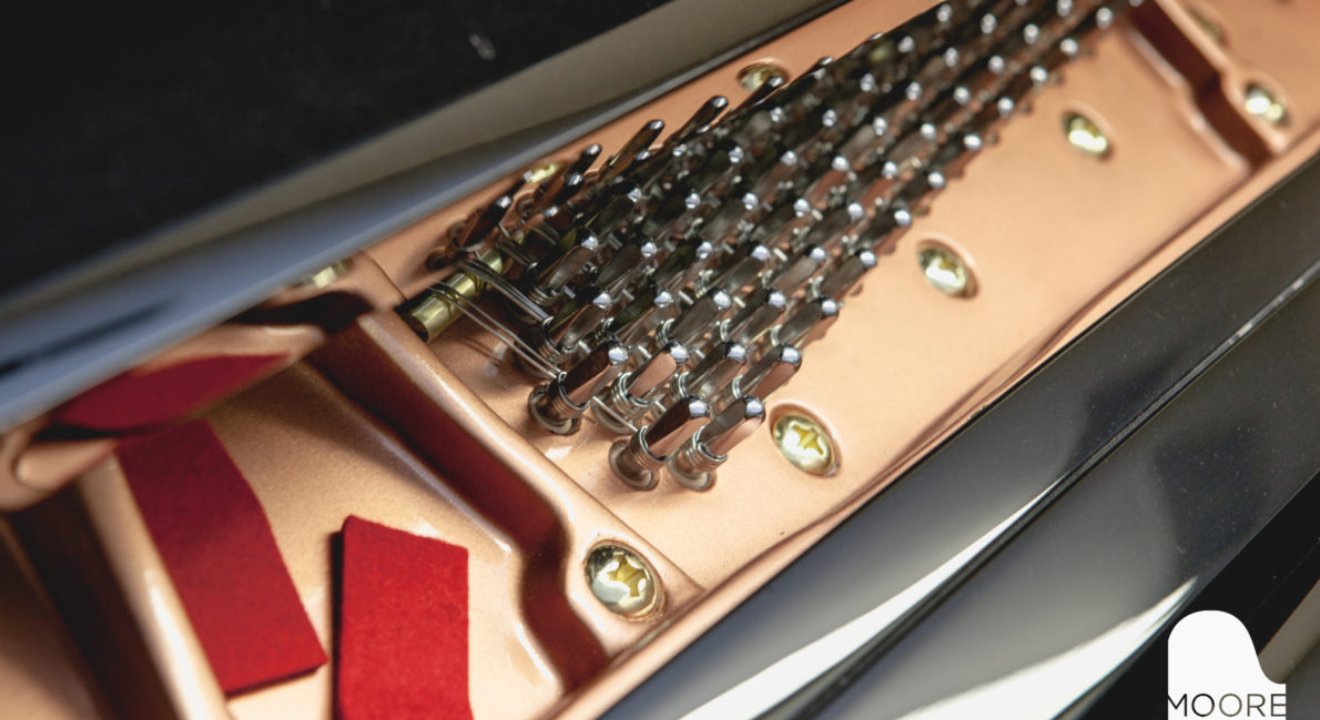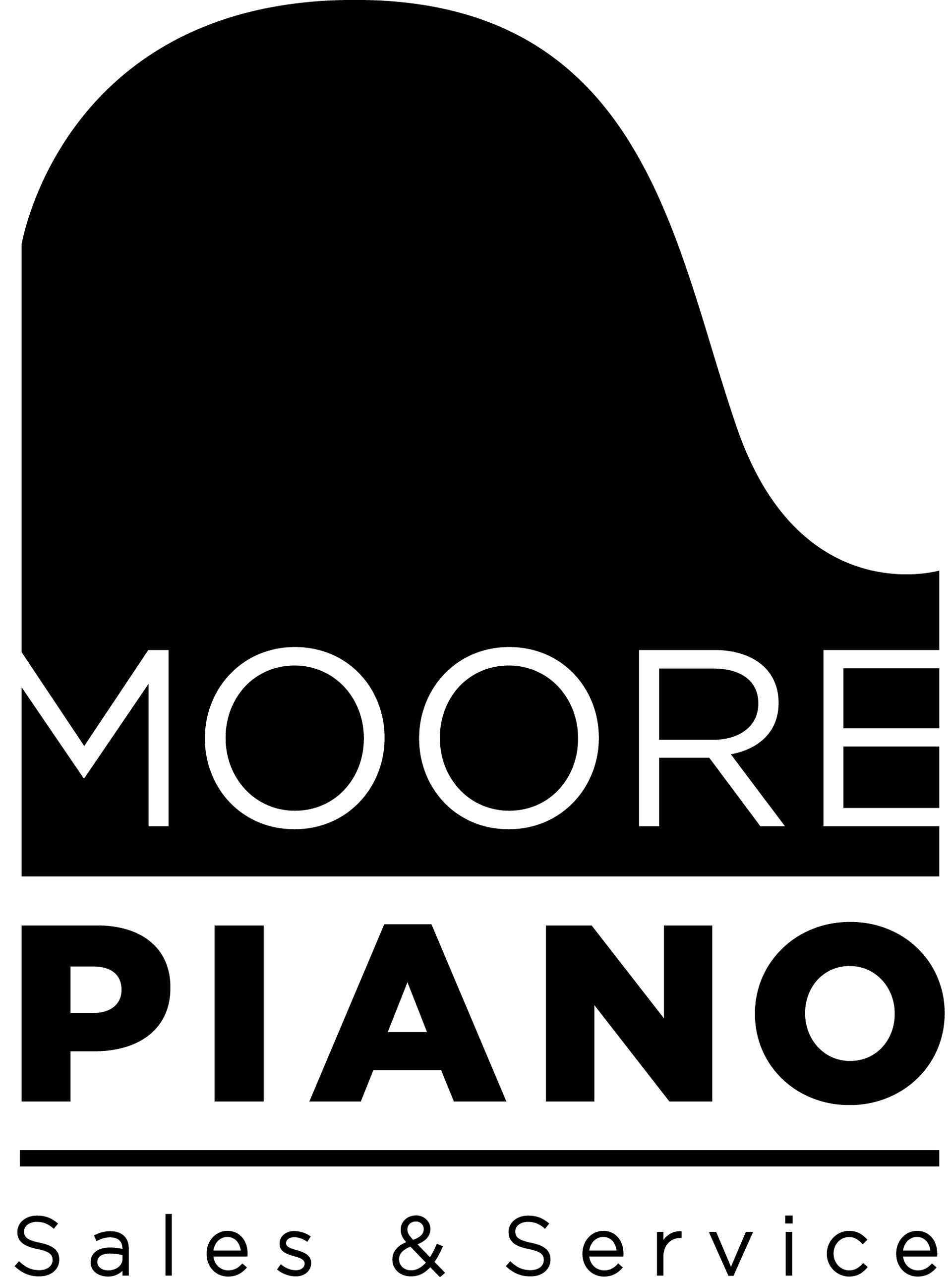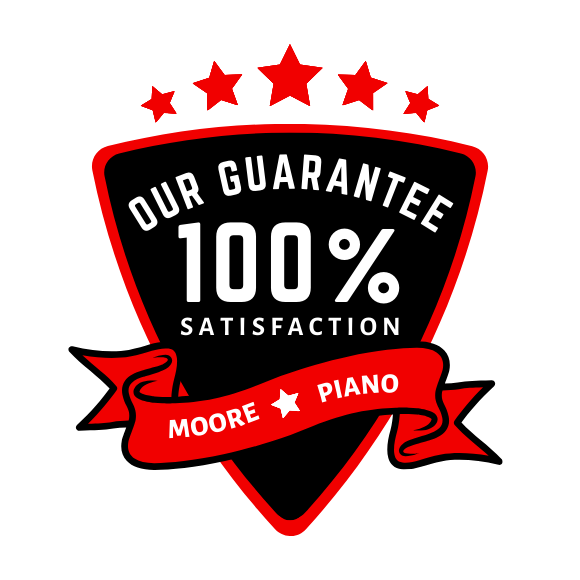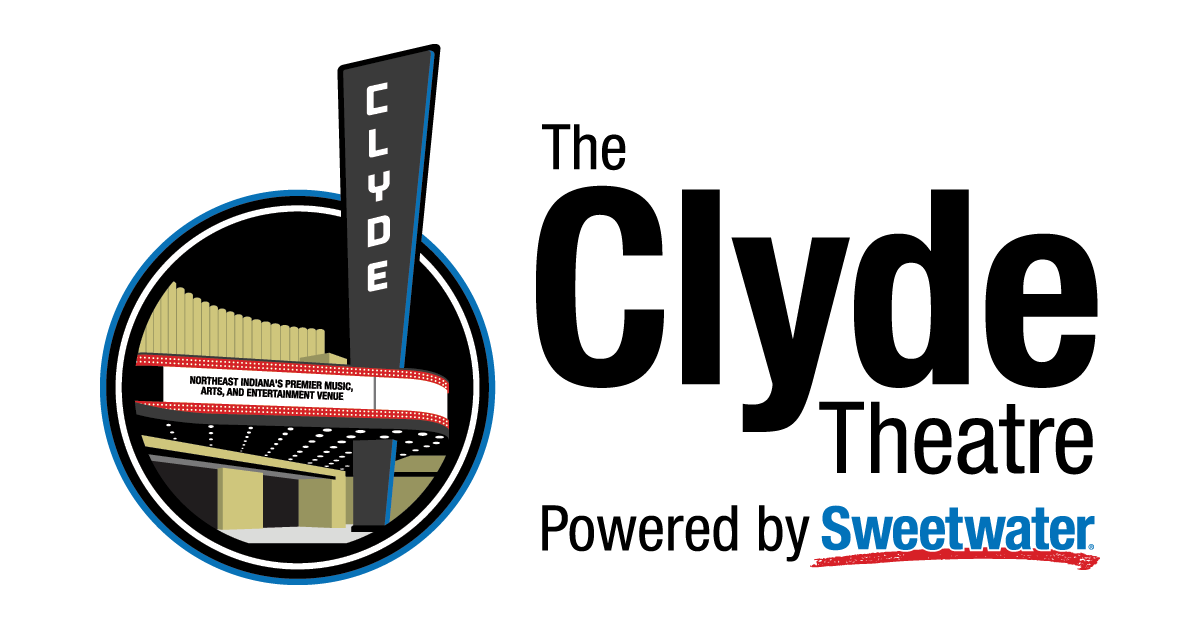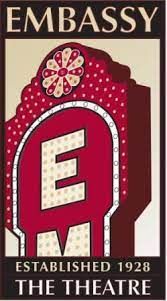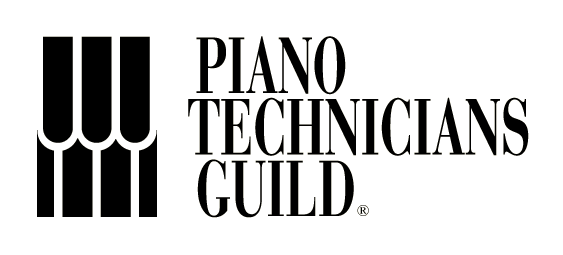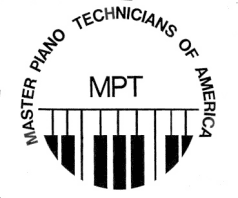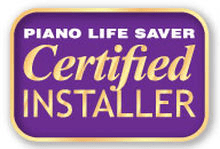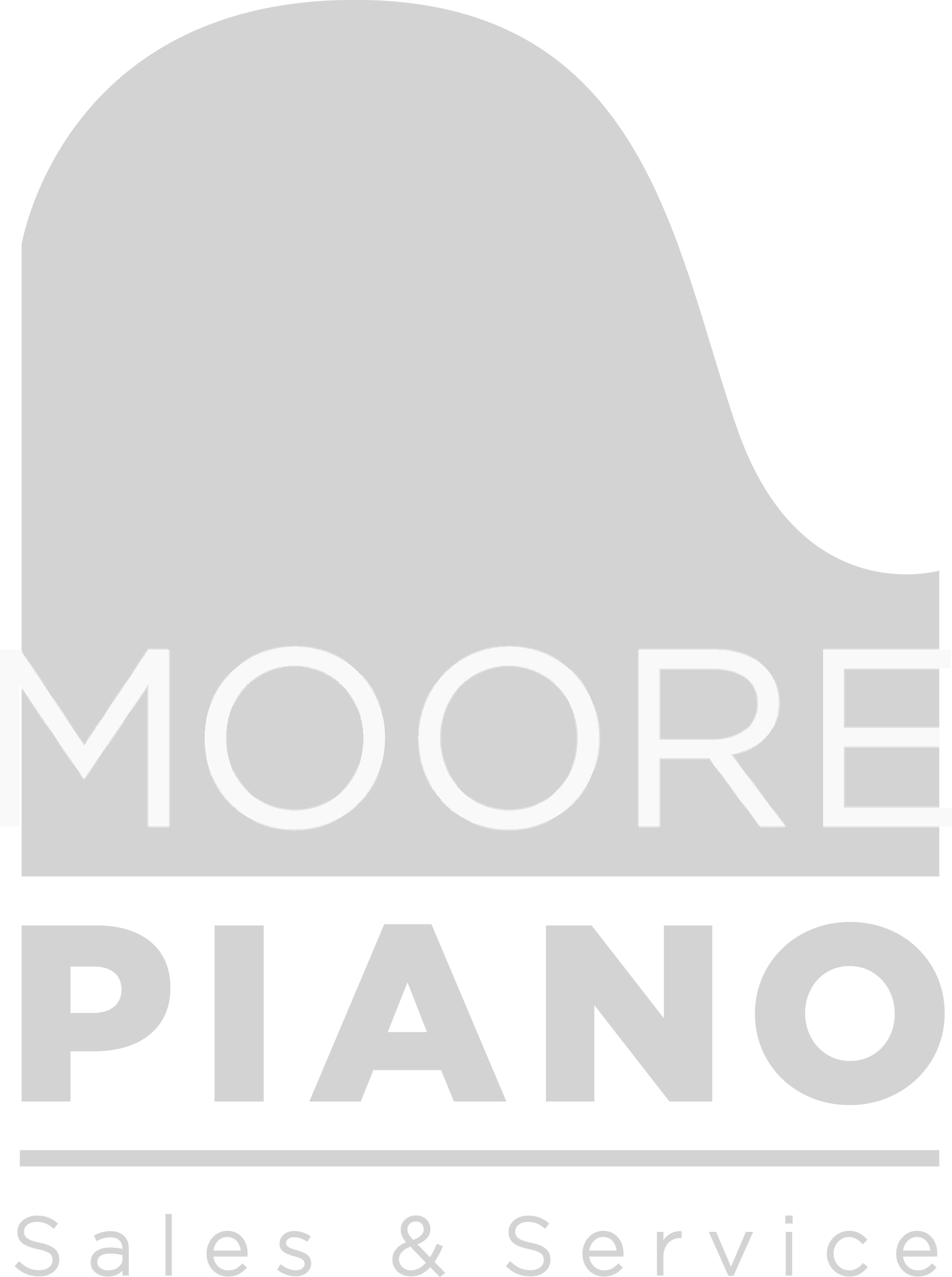Institutional Pianos Buyer’s Guide
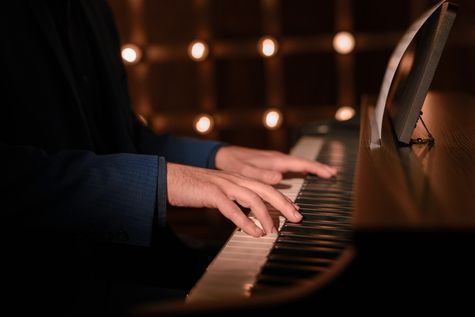
Are you thinking about purchasing a piano for your institution? Whether you work for a school, a church, a community center, or other organization that needs to buy a piano, your needs are going to be different from those of an individual who wants to purchase a piano for private use in their home.
Let’s take a look at some of the issues that you will need to address as you think about purchasing a piano.
Issue #1: Preliminary questions that you need to answer
If you have never had to purchase a piano, you might be understandably overwhelmed. A piano is a large investment (both literally and monetarily!) and one that you’ll want to last for a long time. You can start by asking these basic questions :
- Who will be playing the piano?
Are beginning players using it? Advanced students? Concert pianists? - What is the purpose of the piano?
Is it for teaching? Performance? Both? Are teachers and students using it during lessons? Is it being played during religious services? Will musicians use it for performances that they’ll want to be recorded? - How often will the piano be played?
Are you anticipating that the piano will be the focal point for your institution and that it will be used daily? Weekly? Monthly? For how long at a time? Will it be used for an occasional concert or will it be used for 8 hours during the school day, five days, or a week? - Where will the piano be located?
Is it going to be in a permanent location, or will it need to be moved? You’ll want to keep the piano’s location (or locations) in mind as you think about size, weight, and the ease of transporting it from one space to another. - How big is the space in which it will be used?
Is the piano going to be used in a classroom? An auditorium? You’ll need to make sure that it fits in its designated space, and also that it will be able to play sound that will fill the entire area.
Issue #2: Think about your budget
You probably have a very strict budget with which to work, and you want to make sure that you get the best quality piano you possibly can. You need a piano that suits your needs and is worth the money that you will pay for it. While keeping in mind the amount of money that you have to spend, think about the value of the piano as one that exists over its entire lifetime.
Yes, you are paying a significant amount of money up front, but a great piano will last for decades. If you keep the piano well-maintained, it will have a long life, stretching your monetary investment even further.
If you want to determine the actual annual cost of owning the piano, think about spreading out the amount of money that you’re going to pay for it over a duration of years. Figure out the interest that you would pay if you were to finance the purchase (even if you do not plan to do this).
You’ll also want to consider the costs of tuning, regulation, and potential repairs. You should plan to tune your piano 1-2 times a year, or more often if it’s a piano that is continually used for performances.
Issue #3: Vertical versus Grand Pianos
Vertical Pianos
Depending on the space you have, your only option may be a vertical piano— and that’s OK! Vertical pianos are more than adequate for accompanying other musicians and for playing pieces that are not difficult or that do not need to be played intensely.
Vertical pianos are attractive to people who are purchasing for institutions because they have protective covers, locks on the fallboard and top, and they have a desk that can accommodate more than one sheet of music or a music score. Vertical pianos often have double-wheel castors, so if you know that you’re going to need to move the piano often, this is a plus. They also have heavy-duty back-post and plate assembly, which means that they have better tuning stability, and they often have climate-control systems .
If you purchase a vertical piano, you’ll want one that is at least 45 inches tall. A shorter piano may have poor actions, tone, and cabinetry that is likely to break. If you are getting a piano for a practice room, you likely won’t need a piano that is taller than 48 inches.
Grand Pianos
If the piano is going to be used to practice and perform advanced literature, a grand piano is beneficial, because it has keys, actions, and tonal qualities that lend the piano to such playing.
Like vertical pianos, grand pianos have protective covers, may come with climate-control systems, and have lid and fallboard locks. As long as you get a piano that is six to six-and-a-half feet long, you will reap the benefits of having a grand piano. If you have a larger space, you can, of course, opt for a larger piano.
When you think about whether you want a vertical piano or a grand piano (assuming that your budget allows for either), make sure that you consider the size of your space. You need to choose a piano that fits in the space and that is powerful enough to fill it. A piano’s tonal quality is directly related to its size. If more advanced musicians will be using the piano, you may want a grand piano even if you’re working with a smaller space
When thinking about size, if you are purchasing the piano for a house of worship or a small recital space, you’ll want to try to get a piano that is big enough for the space. Oftentimes, owing to a limited budget, a smaller piano will be purchased, and pianists end up playing harder than normal and excessively use the sustain pedal to ensure that those farthest away from the piano can hear the music. This eventually causes strings and hammers to break and the pedals to wear out sooner than later.
These types of small-to-midsize venues often require a grand piano that is six to seven feet long in order to fill the entire space with sound. This also depends on the size and shape of the room as well as the acoustics, the size of the typical audience, and whether the piano is being used alone or played with other instruments.
Issue #4: Purchasing a new piano or a used piano
If you are on a tight budget, you may be considering purchasing a used piano. A high-quality acoustic piano that has been properly cared for can last for years; it is not unreasonable to consider purchasing one that has already had another home or two.
You should consult with a reputable piano technician to better understand the instrument’s condition and how much longer it will be in playable condition. Talk with the technician to determine the potential maintenance costs (tuning, repairs) over the years, and factor that in with the price. You may discover that purchasing a used piano is the best way to go, or that the costs will be exponentially higher than spending more money up front on a new piano.
If you look into purchasing a used piano that has electronic components, be careful that the technology won’t become quickly out-of-date and render the piano (or some of its functions) unusable. If your intention is to use the piano’s features with your computer, you’re in luck!
Though MIDI (Musical Instrument Digital Interface) technology has been in existence for nearly 40 years, it is still the industry standard. Updating the software on your computer will allow you to update the MIDI features of the piano.
Issue #5: Using a piano that has been loaned from a dealer or manufacturer
A loan program is worth considering, especially if you need to buy multiple pianos. Perhaps you’ve realized that you need both a vertical piano and a grand piano, or you need two (or more) pianos because it is not possible to move one piano among multiple locations.
Most loan programs are facilitated through a local piano dealer, and as part of that program, you may receive:
- Free or low-cost use of a piano or pianos
- Free delivery of the piano
- Free tuning and maintenance as needed
- High-quality pianos from a recognized manufacturer
In return, your institution may be responsible for:
- Liability for damage to the piano
- Delivery charges
- Purchasing a certain number of the pianos
- Sharing an alumni/staff/faculty mailing list with the dealer so they may send advertising materials to those individuals
- Providing space for an end-of-the-year sale
If your institution is able to participate in a loan program, make sure that you assess the reputation and quality of the dealership, the appropriateness of the instruments the dealer is offering, and what difficulties the institution would face if the loan program were discontinued.
Issue #6: Piano maintenance
We mentioned earlier that you will need to factor into your purchase the cost of piano maintenance, including tuning, as well as that of potential repairs. If you can, purchase a climate-control device for the piano.
Too much or too little moisture in the air will cause damage that can be, at best, very expensive to fix. At worst, it can render the piano unplayable. Speak with a piano dealer to get a sense of what those annual costs might be for a particular instrument.
Issue #7: Acoustic and digital pianos
You may prefer an acoustic piano, but digital pianos have evolved in quality over the years and show no signs of slowing down as technology continues to advance.
There are numerous circumstances under which a digital piano is a great investment:
- If you are using the piano in a school setting, teachers may want students to wear headsets and control the movement of sound in the room using an electronic controller.
- If there are multiple pianos in a room, digital pianos with headset capabilities allow individuals to work without disturbing each other.
- In a contemporary service in a house of worship, the pianist may need to incorporate the sounds of other instruments into a performance or to otherwise digitally manipulate and enhance the piano’s sound.
These additional features can be highly desirable in schools, community centers, and recital halls as well. Digital pianos allow for connections to computers and Internet access, and there are often record and playback features that may be useful.
There are, however, caveats to keep in mind if you are considering purchasing a digital piano. We have stated that properly maintained acoustic pianos can last for decades. The lifespan of a digital piano in institutional settings has not been definitively ascertained, as they are still relatively new instruments.
Technology advances at lightning speed, so it is also possible that certain features and functions may become obsolete relatively quickly. Unlike acoustic pianos, of course, they will not need to be tuned and may be playable for years before needing maintenance .
Compare Popular Institutional Pianos
Below is a comparison chart showing the differences between three popular brands of school pianos (also referred to as institutional pianos).
| |
Hailun HU1P |
Yamaha P22 |
Kawai UST9 |
| Country of Origin |
China |
Indonesia |
Indonesia |
| Height |
48" |
44.5" |
46" |
| Weight |
525 |
527 |
477 |
| Back |
|
|
|
| Material |
Spruce |
Spruce |
Mahogany |
| Joinery |
Mortise/Tennon |
Butt Joints |
Butt Joints |
| Number of back posts |
5 |
5 |
5 |
| Plate
|
Wet Sand Cast |
Vacuum Cast |
Vacuum Cast |
| Keybed |
PAS Cast Aluminum |
Wood |
Wood |
| Soundboard Material |
Mountain Spruce |
Spruce |
Spruce |
| Soundboard Cutoff Bars |
Yes |
Yes |
Yes |
| Ribs Notched to Linerar |
Yes |
Yes |
Yes |
| Bridges |
Hard Maple |
Hard Maple |
Hard Maple |
| Soundboard Area |
1798 sq. in. |
2011 sq. in. |
2062 sq. in. |
| Keys
|
|||
| Individual Weighted |
Yes |
No |
No |
| Material |
Basswood |
Spruce |
Spruce |
| Action
|
|||
| Direct Blow |
Yes |
Yes |
Yes |
| Plastic Action Parts |
No |
No |
Yes |
| Bass Sustain Pedal |
Yes |
Yes |
Yes |
| Bass Strings Windings |
Solid Copper |
Solid Copper |
Solid Copper |
| |
|||
| Treble Strings |
Rosiau |
X |
Mapes |
| Locking Lid |
Heavy Duty Included |
Yes |
Yes |
| Locking Fallboard |
Heavy Duty Included |
Yes |
Yes |
| Rubber Castors |
Heavy Duty Included |
Yes |
Yes |
| Hammer Weight |
16 lbs |
14 lbs |
"under-felted" |
| Length of #1 Bass Strings |
47" |
44.5" |
44" |
| Warranty |
15 yrs |
15 yrs |
10 yrs |
Have questions? Want to visit and look at our piano selection? Give Moore Piano a call at 260-238-8743 or schedule an appointment on our website . We look forward to helping you!
The post Institutional Pianos Buyer’s Guide appeared first on Moore Piano.
The Unmatched Piano Blog
